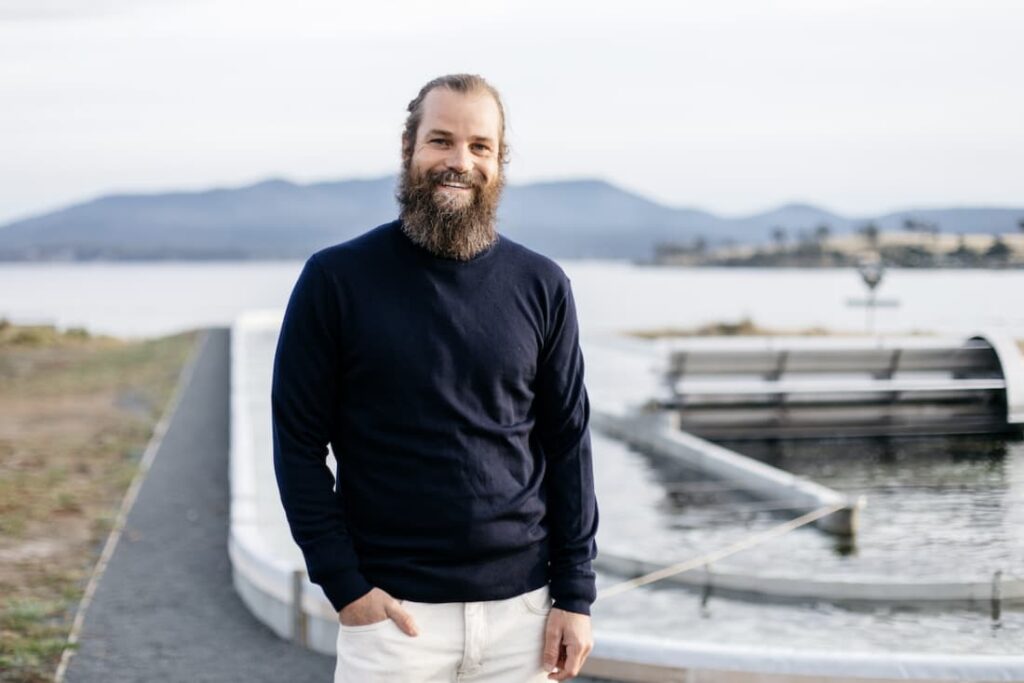HOBART, TAS — Sam Elsom, the CEO of Sea Forest, is navigating the complexities of pioneering a novel industry. While Sea Forest, a producer of a methane-reducing asparagopsis seaweed feed supplement, is flourishing and providing 55 local jobs, it’s not without its initial hurdles.
Based in Triabunna with operations in Swansea, Sea Forest’s product has been shown to cut livestock methane emissions by up to 98%. Elsom, overseeing a diverse team of scientists, engineers, nutritionists, and marine farmers, acknowledges the unique challenges of establishing an entirely new industry.
“Writing the handbook for every activity,” as he puts it, involves training mostly local hires and occasionally recruiting specialized talent from afar, despite logistical difficulties.
Elsom highlights the limited local services as a significant challenge in attracting top-tier professionals.
The appeal of working on environmentally beneficial projects is strong, but the reality of relocating to a small town with housing constraints and limited access to essential services like schools and healthcare can be a deterrent.
To mitigate these challenges, Sea Forest has occasionally had to rent properties for its employees, especially in areas like Orford near Triabunna, where the popularity of Airbnb rentals exacerbates housing shortages.
Despite these growing pains, Elsom remains optimistic and refrains from criticizing the state government, acknowledging the rapid scaling of their business as a factor. He is hopeful that with time, as Sea Forest continues to pioneer this environmentally positive and economically beneficial industry, additional services will naturally follow, benefitting not just Tasmania but the broader Australian agricultural sector.


